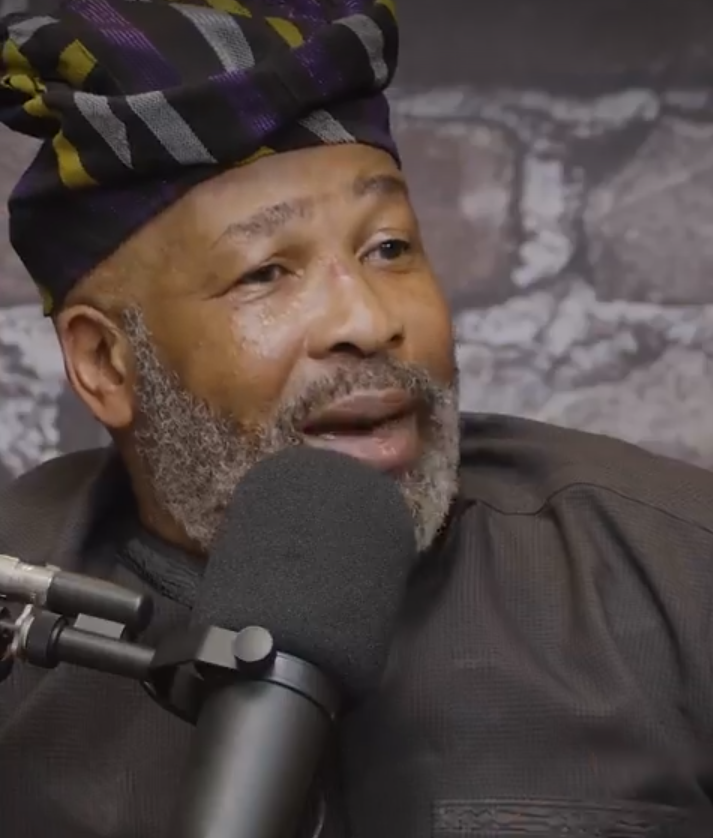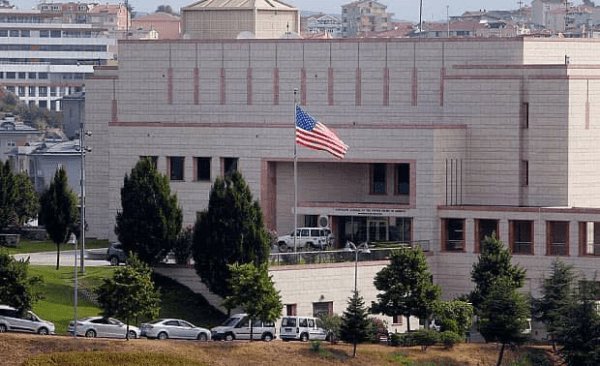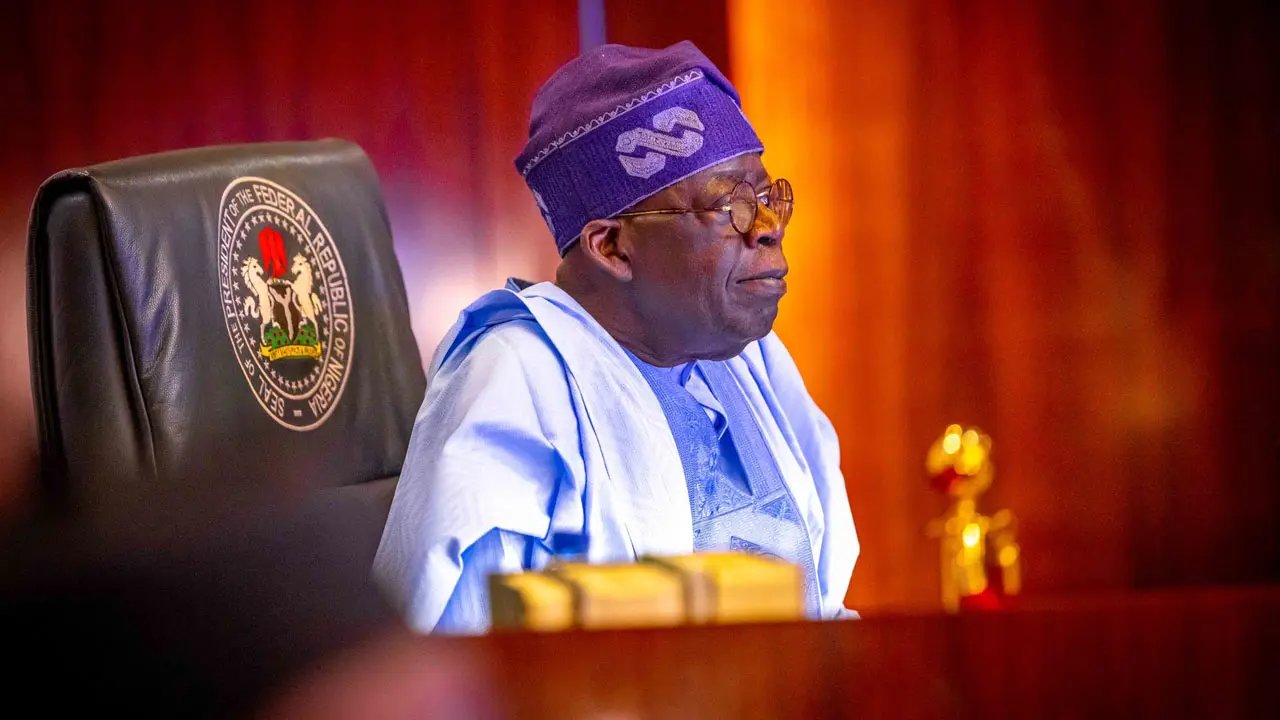
“The East Never Had Theatre”: Yemi Solade Opens Up on the Missing Legacy of Stage Arts in Eastern Nigeria

Veteran actor Yemi Solade has once again stirred a thought-provoking conversation in Nollywood and the wider creative space with his bold assertion that the East, long known for producing some of Nigeria’s brightest stars in music, literature, and film, did not have a foundation for theatre training. The actor, who is celebrated for his versatility and decades of experience across stage, television, and cinema, recently revealed in a candid reflection that till this very day, it is hard to find anyone of his generation, or even slightly younger, who can point to the East as the birthplace of their theatre education. His words have opened a window into the historical gap in Nigeria’s cultural development, exposing the unequal growth of the arts across different regions and reigniting debates on the role of universities, government, and society in nurturing performing arts.
Speaking with the kind of conviction that has characterized his career both on stage and screen, Solade did not mince words: “Till date, you cannot find any actor my age or slightly younger who will say they studied theatre in the East, because theatre didn’t exist there.” This declaration has reverberated across Nigeria’s entertainment industry, not just because of its bluntness, but also because of the reality it reflects. For many, the East has always been associated with rich traditions of storytelling, masquerade performances, dance, and oral histories that predate the arrival of Western-style theatre. Yet, Solade’s statement highlights the fact that when it came to structured, institutionalized theatre training, the region was left behind compared to its Western and Northern counterparts.
The history of theatre in Nigeria cannot be written without mentioning the University of Ibadan, widely regarded as the cradle of modern Nigerian theatre, producing the likes of Wole Soyinka, Ola Rotimi, J.P. Clark, and several other intellectual and creative heavyweights. The influence of Ibadan in the 1960s and 70s gave the South-West an edge that would define the trajectory of Nigerian drama for decades. Later, Ahmadu Bello University in Zaria also established itself as a hub for theatre and dramatic arts, providing another platform for aspiring actors, directors, and dramatists. Meanwhile, the East, despite its cultural richness and intellectual reputation in fields like literature through the likes of Chinua Achebe, remained conspicuously absent in this theatre movement.
For Solade, this absence is not just a matter of geography; it speaks to the lost opportunities for generations of actors and playwrights who could have emerged from Eastern Nigeria with the same institutional grounding their counterparts in Ibadan or Zaria enjoyed. The veteran actor, who himself is a product of rigorous theatre education, is keenly aware of the difference formal training makes, not only in terms of honing talent but also in shaping professionalism and discipline within the industry. To him, theatre is not merely performance but a structured discipline that requires mentorship, research, and consistent practice under academic guidance. The East’s lack of this infrastructure, therefore, left a noticeable gap in Nigeria’s cultural map.
The response to his claim has been mixed. While many in the industry admit the truth in his words, pointing out that the most prominent names associated with theatre training often hail from the West, others argue that Solade’s statement risks overlooking the informal but equally significant cultural expressions of the East. Traditional performance arts in Igbo and other Eastern communities, though not formally codified in universities, have influenced Nollywood and Nigerian entertainment in undeniable ways. From folk music to masquerade dances to storytelling festivals, the East has contributed to Nigeria’s performance culture in ways that may not fit neatly into the academic framework of “theatre” but have nonetheless shaped generations of creatives.
Still, the question remains: why didn’t the East embrace theatre studies the way Ibadan and Zaria did? Some analysts suggest that the devastation of the Nigerian Civil War left the region focused on rebuilding infrastructure, commerce, and education in fields deemed more essential to survival, such as law, medicine, engineering, and business. In such an environment, theatre and the arts may not have been seen as priorities. Others believe that the heavy influence of Western Nigeria in politics, academia, and culture during the post-independence era meant that the arts, particularly theatre, naturally flourished there while the East’s contributions leaned toward literature and commerce.
Regardless of the reasons, Solade’s remarks shine a spotlight on the present-day consequences. While Nollywood has democratized acting, opening doors for anyone with talent, cameras, and the right opportunities, the lack of formal theatre training in certain regions has arguably affected the depth and consistency of performance quality. The veteran actor insists that his generation and those slightly younger still show evidence of this divide. Trained actors who went through the crucible of stage productions in Ibadan or Zaria often display a certain finesse, voice control, and interpretive depth that others struggle to replicate. This, he suggests, is not a matter of raw talent but of training and institutional support.
His words have also reignited calls for Eastern universities to invest more in theatre and performing arts. While there are now departments and programs scattered across Nigerian universities, including those in the East, critics argue that they still do not match the legacy or influence of Ibadan or Zaria. For a region with such a vibrant cultural identity, the absence of a flagship theatre institution is seen as a missed opportunity, both for the industry and for Nigeria’s cultural diplomacy abroad.
Interestingly, younger actors have responded to Solade’s remarks by pointing out that Nollywood itself was born out of the East, particularly in Onitsha and Enugu, where the early home-video boom of the 1990s thrived. To them, while theatre may not have been institutionalized in universities, the East played a pioneering role in shaping the Nigerian movie industry, which has now become one of the largest in the world. This counterpoint suggests that the East did not entirely lack influence in performance arts, but rather chose a different path, one rooted in grassroots creativity rather than academic theatre.
Even so, Solade’s statement serves as a reminder of the importance of theatre as the bedrock of acting. For him, theatre is where actors are forged, tested, and refined before facing the screen. Without that grounding, he believes, many actors miss the depth and versatility that come from stage performance. In his view, Nollywood’s future will benefit greatly if more institutions, including those in the East, take theatre seriously as an academic discipline, producing graduates who can match their counterparts anywhere in the world.
Ultimately, Yemi Solade’s words have done what great artists always do: provoke reflection, spark debate, and force society to confront uncomfortable truths. His declaration that no actor of his generation or slightly younger can claim to have studied theatre in the East may not be universally accepted, but it has undeniably drawn attention to the historical imbalances in Nigeria’s cultural development. Whether one agrees with him or not, the conversation he has started underscores the need for a more equitable distribution of cultural infrastructure across the country. For the East, long celebrated for its resilience, creativity, and entrepreneurial spirit, perhaps this is the moment to build a theatre legacy that future generations can proudly point to.


